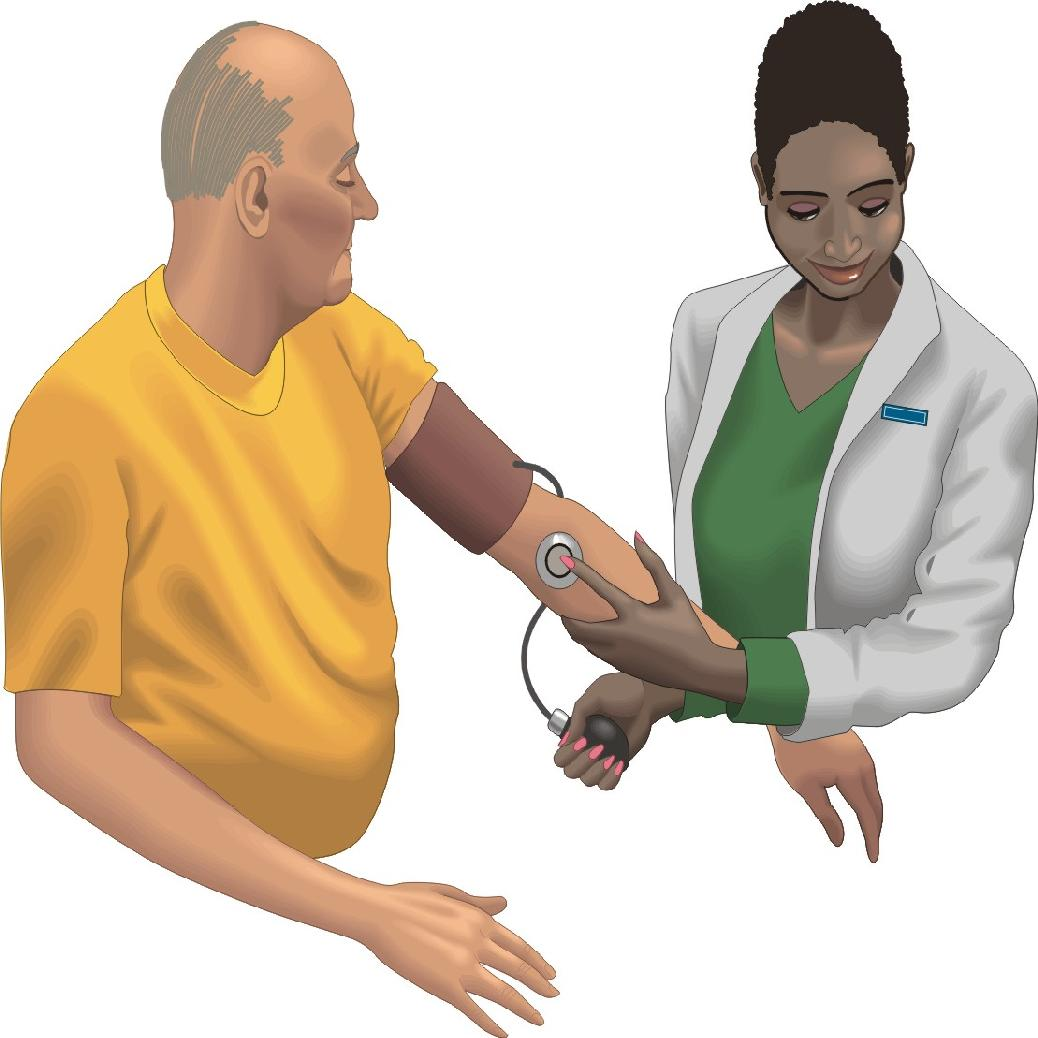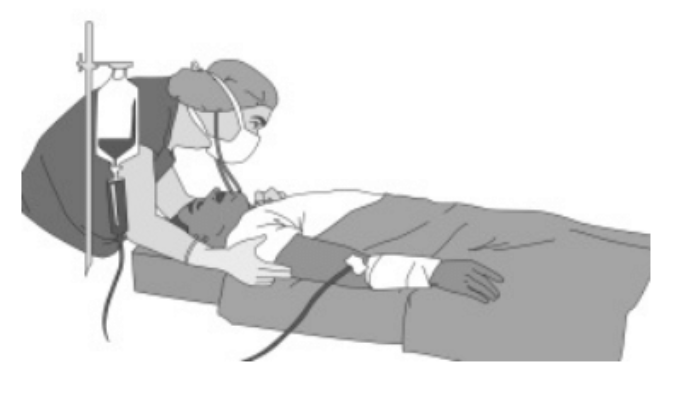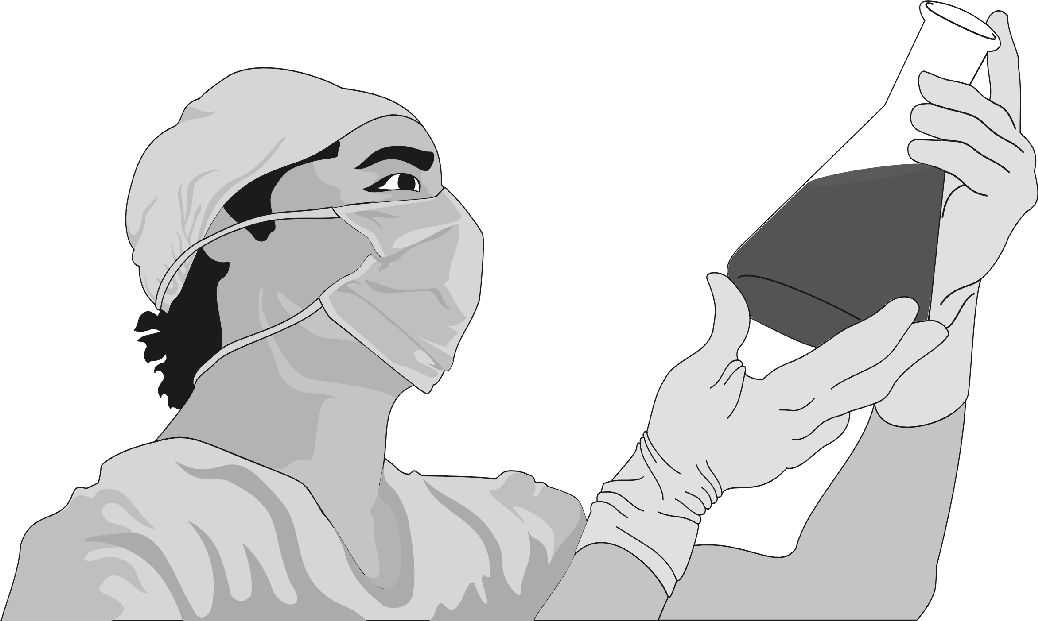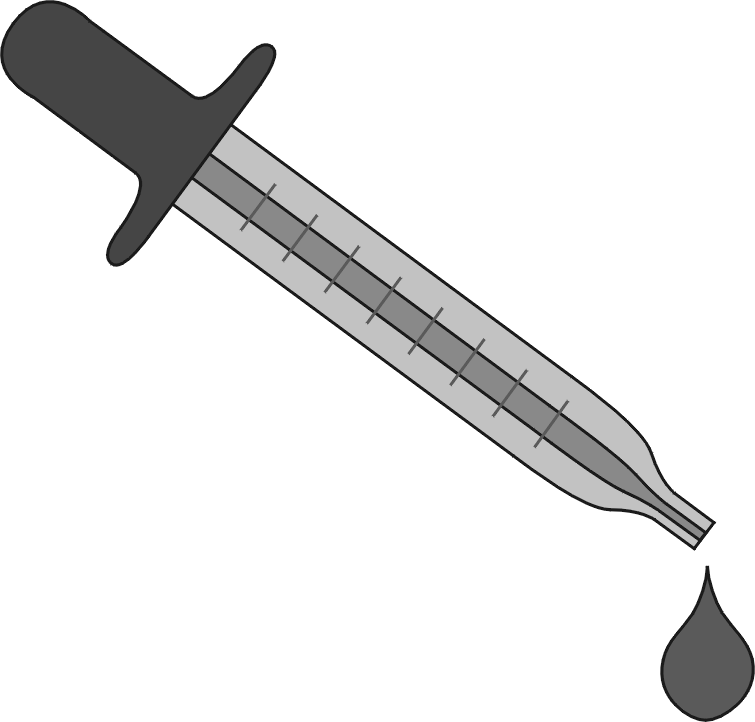Blood Donation: A Great Humanitarian Act
Blood is an essential part of life and primarily consists of 55% plasma and 45% of cellular contents – red cells, white cells and platelets. Plasma is mainly composed of three types of proteins – albumin, globulin, and fibrinogen along with some coagulation factors.
Each millilitre (mL) of blood contains:- 5 million red blood cells (RBCs)
- 4,000 to 11,000 white blood cells (WBCs)
- 1.5 – 4 lakhs platelets
- Blood has no substitute.
- Blood cannot be manufactured in any laboratory.
- Blood can only be donated by human beings.
- The sick and wounded can be saved if every healthy person considers it a responsibility to donate blood.
- The donor’s blood volume begins to be restored immediately after the blood donation and complete restoration of body fluids comes within twenty-four hours. Full replacement of the components of blood takes place in three weeks.
Blood transfusion is important in the treatment of:
| Accidents | Haemolytic disease of the newborn |
| Anaemia | Haemorrhages |
| Bleeding after childbirth | Leukaemia |
| Bleeding diathesis | Major operations |
| Burns (plasma only) | Thalassaemias |
- Red blood cells carry oxygen from the lungs to all parts of the body and have a life of about 120 days.
- White blood cells destroy germs which invade the body and have a life of 7 hours to a few days.
- Platelets assist the blood to clot in a wound and have a life of 5 days.
- The plasma, as it circulates in blood vessels, carries the cells as well as many other chemical substances and nutrients to all parts of the body.
Become a life saver – donate blood
ABO blood groupsA person’s blood group never changes throughout his or her life. It is classified according to the proteins (antigens) present in the red blood cell membrane.
| Blood group | Red blood cells that have... |
|---|---|
| AB | both A- and B-proteins (antigens) |
| A | the A-protein (antigen) only |
| B | the B-protein (antigen) only |
| O | none of these proteins (antigens) |
The Rh group is named after the macacus rhesus monkey, as it resembles the protein in the red blood cells of rhesus monkeys.
- If this Rh protein (antigen) is present in the red blood cells of human beings, it is called Rh positive.
- If this Rh protein (antigen) is absent in the red blood cells of human beings, it is called Rh negative.
- 95 – 98% of Indians are Rh positive and 2 – 5% are Rh negative.

- Any healthy person of either sex between the ages of 18 – 60 years can donate blood.
- Men can donate once in 3 months and women once in 4 months.
- Donors should have a body weight of more than 45 kgs.
- The haemoglobin content should be above12.5 gms/dl.
- The systolic blood pressure should be between 120 – 140mm of mercury and the diastolic blood pressure should be between 70 – 90 mm of mercury.
- A person who has about 65 – 80mls of blood per kg of body weight can safely donate 6 – 8 mL of blood per kg.
- It will not hurt more than the prick of an injection needle.
- It will take only about 20 minutes for registration and medical check-up and another 20 minutes for the blood donation and recuperation period.
- Had a cold or fever of unknown cause during the last 7 days.
- Been vaccinated within the last 24 hours.
- Had a miscarriage in the last 6 months or have been pregnant or breastfeeding in the past 12 months.
- Severe heart disease.
- Tuberculosis (TB).
- An overactive thyroid (thyrotoxicosis).
- A history of cancer, kidney disease, bleeding tendencies, anaemia, or sexually transmitted disease (STD).
- AIDS or are infected with HIV.
- A history of alcoholism or drug addiction.
- Fainted during your last 2 blood donations.
- Hepatitis B or C
Before donating blood:
- Drink water.
- Avoid excessive amounts of caffeine such as coffee and tea.
- Eat a snack before donating.
- Drink extra water and other fluids for 2 hours.
- Continue your daily routine but avoid strenuous exercise for
24 hours. - Avoid drinking alcohol for half an hour.
- Avoid smoking for about 2 hours.
- Leave the band-aid in place for a few hours.

- Donating blood is quick and almost painless.
- Your name details are registered.
- You will receive a medical check-up by a medical office to ensure that your blood will be safe for people receiving it. This includes measurement of your blood pressure, pulse, temperature, and a test for anaemia.
- You will proceed to the donor area where your arm will be cleaned with an antiseptic.
- A needle is inserted into your arm and about 350 mL of blood is collected using a sterile disposable needle and plastic bag.
- The donation process will take about 5 – 8 minutes.
- Following your donation, you will receive refreshments.
Remember, body fluids lost due to the donation are completely replenished within 24 hours.
That’s all except when you leave,
you feel so good!
After collection of blood in a plastic bag containing an anticoagulant solution to prevent the blood from clotting, it is processed for ABO, Rh grouping and screening for all transmissible infections like HIV, hepatitis B, hepatitis C, syphilis and malaria, and stored in a refrigerator operating at 4 – 6˚C.
 The blood collected for preparation or separation of platelets is stored at room temperature in a platelet incubator or shaker. Platelets can be preserved for five to seven days, while fresh frozen plasma can be stored at – 30˚C for a period of one year. Before blood is issued for transfusion it is cross-matched with that of the patient to ensure that the donor and the recipient have compatible blood groups.
The blood collected for preparation or separation of platelets is stored at room temperature in a platelet incubator or shaker. Platelets can be preserved for five to seven days, while fresh frozen plasma can be stored at – 30˚C for a period of one year. Before blood is issued for transfusion it is cross-matched with that of the patient to ensure that the donor and the recipient have compatible blood groups.
It is important to note that blood has different components that can be prepared in a blood centre. The usual components include packed red cells, platelets, cryoprecipitate, plasma, etc. The shelf life for each component varies, but the real advantage is that one unit of blood can be used for four or five patients depending upon the specific requirement of the patient. For instance, a case of anaemia will require red blood cells, a case of bleeding or leukaemia will require platelets, and a burn case will require plasma. Cryoprecipitate will be utilized specifically for a case of haemophilia or allied bleeding disorder.
I don’t know your name…
…but thanks for your gift of life.
Donate blood!
Become a life saver –
Donate blood!
Blood – the Elixir of Life
Information from the Voluntary Blood Bank
- There is a high demand for blood and blood components and demand is ever on the increase. On average, for every eight patients who need a transfusion, only one gets it. So every drop matters. Every donation matters. Never forget just how much you are doing. When you give blood, you are literally ‘giving a gift of Life’.
- You can donate at work or you can just go to any public donor session. The registration, medical check-up and donation will last about forty-five minutes in all. When you arrive, we will ask you a few routine questions about your health. Answer these questions fully and honestly for your own well-being and that of the patient who will receive your blood. We will then take a drop of blood from your finger to ensure you’re not anaemic. If all is well we will accept your donation. This only takes ten minutes. And after a rest, a refreshing drink and a snack, you will be ready to go. Refreshments will be available at the donation site.
- We understand that there may be some apprehension. That is a very natural reaction until you actually make your first donation. If need be, we will use a local anaesthetic for your ease. Either way you will see how painless, simple and effortless it is – and more importantly – IT SAVES LIVES.
- The Voluntary Blood Bank has different blood insurance policies for different blood donors to make sure that their demand should be fulfilled if they need blood. Be a regular blood donor by donating blood at least two times a year.
- Up to six precious lives can be saved by each donation you make. Don’t you think this is enough motivation itself? And all this is so simple. All it takes is a few minutes. All you need is a healthy body and a heart of gold. Do you have it in you? Go ahead and take the initiative today. Someone somewhere must be counting on you to save his or her life.
- Any healthy person between the ages of eighteen and sixty years can donate blood safely. So if you fall into this category, you are the right person to be the saviour of another human being. Go ahead and save a life today.
- Remember! It’s all sorts of blood we as a society need – not just rare ones. In fact, the commoner the blood type, the more we need it. So even if your blood is one of the most common types – group O, for instance – you can be sure that by donating blood regularly, two or three times a year, you could be saving more lives. Perhaps even your own one day. Donate regularly! You really are doing something AMAZING.
- When you give blood, you can enable someone to receive a desperately needed transfusion. This is a unique service rendered to humanity. By donating blood you feel proud. It is a feeling of supreme satisfaction that no words can describe. You have to experience it at least once to know it. Go ahead and find out for yourself.
- Why not check out your health status for sure. We have a qualified medical team who will ensure that giving blood doesn’t affect your health at all. A confidential health interview helps us to be sure that you are fit to give blood and that your blood will be safe for transfusion. However even if there are health reasons that prevent you from donating, you can still encourage your family and friends to donate blood and save a life.
- There is no risk of getting an infection. The needle and bag that we use are used only ONCE, and then INCINERATED. You can never get any transmissible disease by donating blood.
- The body starts replacing the blood immediately after donating and in about twenty-four hours the donated amount is made up. To ensure that you are never rendered anaemic due to blood donation, a period of three to four months is required between donations.
- Be a regular blood donor by donating blood three or four times a year. Many have donated blood over a hundred times in their lifetime – so can you! Our society needs people like you.
- The Voluntary Blood Bank is a social, not-for-profit charitable trust that works on a self-sustaining basis. We have the goal of helping society save as many human lives as possible and for that your blood is required. Every unit you donate will be rigorously tested for any virus or any pathogen. It will be separated into its components so that more patients can benefit from it.
In addition to donation whole blood, you can donate plasma.
Plasma – the most versatile component of your blood Blood is composed of red blood cells, white blood cells, and platelets suspended in a fluid called plasma.
Blood is composed of red blood cells, white blood cells, and platelets suspended in a fluid called plasma.
- Your plasma also contains very important proteins, nutrients and clotting factors which help to prevent or stop bleeding.
- An average adult has approximately five litres of blood, three litres of which is plasma.
Thirteen different products can be made from plasma donations. Some of the most needed products are:
- Biostatic or factor VIII concentrate – This is used to stop bleeding in people with haemophilia A. Haemophilia A is an inherited lack of factor VIII, which is a protein necessary for normal blood clotting.
- Immunoglobulin – This is a special preparation containing antibodies and is used to protect a person against some infectious diseases such as tetanus, chicken pox and hepatitis B.
- Albumin – This may be used to restore blood volume in the treatment of shock or burns, or to assist in the treatment of liver and kidney diseases.
- Intragam P – This is another preparation containing antibodies and is used to boost the immune system, for example, following a bone marrow transplant and for immune deficiency disorders.
Help people put up a good fight –
donate blood!
- Plasma donations are made through a process called apheresis.
- The collection of plasma takes approximately 40 minutes.
- 650 mL of plasma can be collected in one single plasma donation.
During plasma donation, whole blood is drawn from one arm into a sterile collection kit inside a cell separating machine. The machine separates the blood so that only plasma is collected. The other blood components (red and white blood cells, and platelets) are returned to the donor through the same line.
Is the plasma donation process safe?- The plasma donation process is extremely safe and carried out by expert trained staff.
- Because your red blood cells are returned to you when you give a plasma donation, you can donate every two to three weeks.
- You are under no obligation to continue as a plasma donor and can return to donating whole blood at any time.
- First-time plasma donors should have given at least one whole blood donation in the last twelve months without complication.
- Your selection is dependent on your availability, the suitability of your veins, haemoglobin level and blood group.
- You should be aged between 18 and 60 years for your first donation. You can continue to donate up to 70 years of age.
- You should weigh 50 kg or more.
- Drink plenty of water in the twenty-four hours prior to donating, and eat a meal prior to donating.
Give someone the gift of life – donate blood!
Frequently asked questions
How much blood will I lose?The human body contains about 5 – 6 litres of blood. Each full donation is 350 mL. Your body naturally replaces the lost fluid in a very short time (within 24 hours) and you do not even feel anything from it. That is why some people going for planned surgery donate their own blood, 3 – 4 weeks in advance, and this can be used for them during their surgery (operation). This procedure is well accepted and is called autologous blood donation.
Why are voluntary donors preferable to professional ones?Professional sellers are motivated only by the desire to earn money. They may conceal their ailments and some types of infections or use of drugs which cannot be readily detected by any tests. Blood from professional sellers exposes the patient to serious risk, whereas voluntary donors freely disclose any ailments they may have, and their donations are safe and reliable.
How will giving blood affect my health?Your donation will be accepted only if you are fit and well. Only about 5% of your blood volume is taken and there is usually no weakness or other ill effect noted. The volume of liquid lost is replaced within 24 hours and the blood cells will take a few weeks to replace themselves.
What if I need blood?If you need blood urgently, the hospital will provide it. Most hospitals like to replace blood given to patients with donations from relatives or friends of patients.
Can I smoke after giving blood?It is best that you do not smoke for two hours after the donation, as this can cause dizziness or even make you faint. Better still, don’t smoke at all!
Can I bring a friend?Yes. Your friend may be interested when he or she sees how painless and simple it is to give blood.
Can I go back to work? Yes, as long as you have the full rest and some refreshment before you leave the blood donation session. On rare occasions, people can faint some time after donating blood. So, if you are in an occupation where this could endanger yourself or others, you should not go on duty after giving blood that day.
Yes, as long as you have the full rest and some refreshment before you leave the blood donation session. On rare occasions, people can faint some time after donating blood. So, if you are in an occupation where this could endanger yourself or others, you should not go on duty after giving blood that day.
If you drive a lorry or train, for instance, or work in an emergency service, or your work involves heights (e.g., climbing ladders), you should not go back to work on the day that you donate blood. You should come and give blood at the end of your shift.
Where can I go to donate blood?You can donate blood at a blood donation camp near your home, work place or school, or you can go to a recognized blood bank in your area. Please call the local Indian Red Cross Blood Bank for information.
A Healthy HabitDonation of blood from time to time has certain personal benefits:
- Each time you donate blood, a history is taken and you are given a limited physical examination. A new health condition such as high blood pressure, anaemia, or irregular heartbeat is sometimes found during this process. So early diagnosis and treatment of a new condition may result from donating blood regularly.
- Two studies found that heart disease was less common in men and post-menopausal women who donated blood.
- More importantly, giving blood is a “healthy habit” because of the satisfaction you get from helping to save lives.
Blood cannot be manufactured. It has to be donated by human beings. If every eligible person made blood donation a way of life, there would be no shortage and no one would have to go without it.
Let us work together to save more lives –
Donate blood today!
Be responsible. Be a blood donor.
Help save a life.